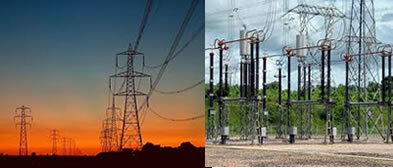A well-known process for ripening green bananas quickly is to wrap them in a newspaper or in a bag. Also, if we place ripe fruit next to unripe fruit, the latter will ripen faster. This phenomenon is even more intensified if the day is really hot.
Why do these things happen? How do fruits get ripe?
Well, this is due to a gas produced by the fruits themselves known as ethylene or ethylene. Its molecule is formed by two carbon atoms and four hydrogen atoms, as shown in the following figure:

Chemical formula of ethylene
In the year 1901, a Russian scientist named Dimitry Neljubow noticed that plants near a commercial pipeline were growing very fast. This was because the pipelines in the pipeline were releasing ethylene gas. About 30 years later, scientists proved that plants actually produced this gas, which is responsible for the ripening of fruits.
Ethene gas is produced by plants in different tissues and can easily move from cell to cell. That's why it is present in the entire structure of the fruit, from the skin to its interior.
Basically, ethylene triggers the production of some enzymes that cause fruit ripening reactions, such as the reaction known asstarch hydrolysis. In this reaction, the starch that is inside the unripe fruit has its molecule “broken”, producing sugars, so the fruit is sweeter.
Another reaction caused by ethylene is the breaking of the fruit's fibers, which makes it softer. In addition, during the ripening of the fruit, chlorophyll, a pigment that provides the green color of vegetables, decreases, so the fruit changes color. See more about this issue of pigments and plant color change in the text: Why do leaves change color?
This explains the phenomena described at the beginning of this article. When we wrap bananas in a newspaper, it's like “trapping” the ethylene, accelerating the ripening of the fruit.
In addition, it is also common to burn kerosene or sawdust near the fruits to ripen them faster, as the smoke released in this burning contains small amounts of ethylene.
Fruit ripens faster on hot days becauseethylene reacts faster at elevated temperatures. Since it is a gas that comes off very easily, a ripe fruit releases it to the surroundings, which speeds up the ripening process of the other fruit that is in contact with it.
By Jennifer Fogaça
Graduated in Chemistry



